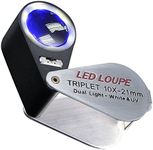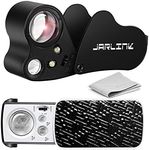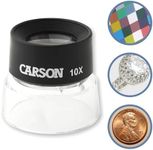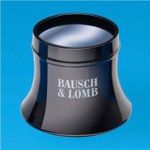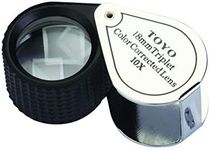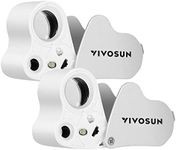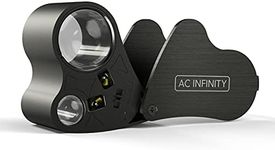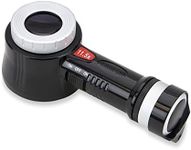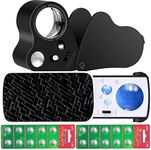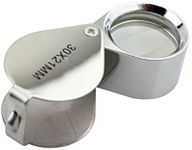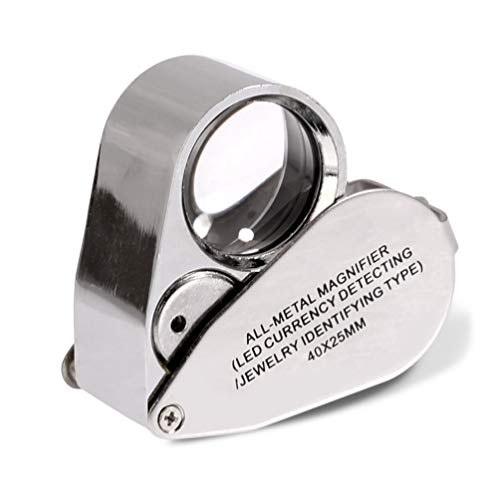Buying Guide for the Best Jeweler Loupes
Choosing the right jeweler's loupe is all about understanding your needs and how you'll use the tool. A loupe is a small magnifying glass used to inspect gemstones, jewelry, watches, and other fine details. The best loupe for you will depend on what you want to examine, how often you'll use it, and your comfort with handling small tools. By focusing on the key specifications, you can find a loupe that makes your work easier and more accurate.Magnification PowerMagnification power tells you how much larger the loupe will make an object appear. Common values are 10x, 20x, and 30x. A 10x loupe is the standard for most jewelry work, offering a good balance between detail and clarity. Higher magnifications like 20x or 30x show more detail but can make the image darker and harder to keep in focus. If you need to see very fine inclusions or details, a higher magnification might be useful, but for general inspection and grading, 10x is usually best.
Lens Quality and MaterialThe lens quality affects how clear and accurate the image appears. Lenses can be made from glass or plastic, with glass generally providing better clarity and durability. Some loupes use multiple lens elements (triplet lenses) to reduce distortion and color errors. If you need to see true colors and fine details, look for a loupe with a high-quality glass triplet lens. For casual or occasional use, a simple single lens may be enough.
Field of ViewField of view is the size of the area you can see through the loupe at once. A wider field of view lets you see more of the object without moving the loupe around, which is helpful for inspecting larger items or getting an overall look. Higher magnification usually means a smaller field of view. If you often examine larger pieces or want to work quickly, choose a loupe with a wider field of view.
LightingSome loupes come with built-in LED lights to help you see details in low-light conditions. Good lighting can make a big difference, especially if you work in dim environments or need to see tiny flaws. If you often work away from a well-lit desk, consider a loupe with built-in lighting. If you always have good lighting, this feature may not be necessary.
Portability and Build QualityPortability refers to how easy it is to carry and use the loupe. Most loupes are small and fold into a protective case, making them easy to keep in a pocket or bag. Build quality matters for durability, especially if you use the loupe frequently. Metal housings are more robust than plastic ones. If you need a loupe for daily professional use, choose one with a sturdy build. For occasional use, a lighter, simpler model may be fine.
Ease of UseEase of use includes how comfortable the loupe is to hold and how easy it is to focus. Some loupes have ergonomic designs or textured grips to make them easier to handle. If you plan to use the loupe for long periods or have trouble holding small objects steady, look for one that feels comfortable in your hand and is easy to bring into focus.
